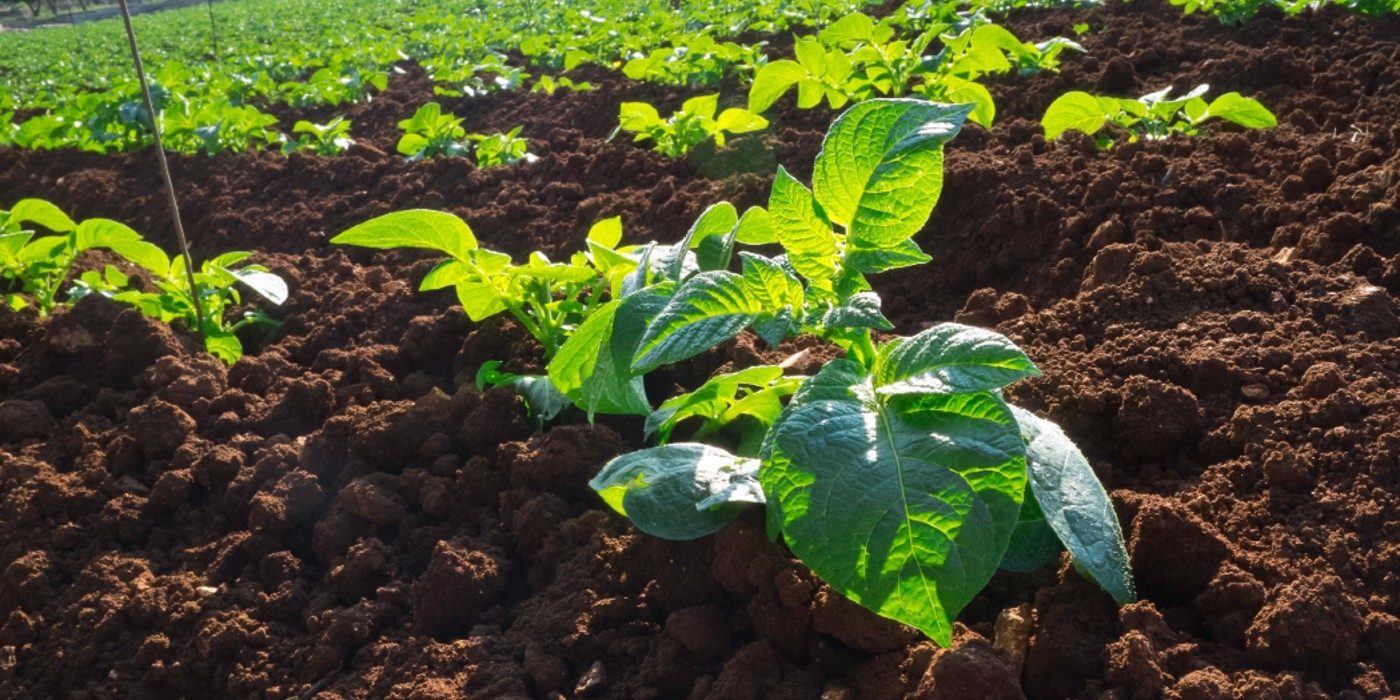
George Institute calls for reform of the food system in NSW inquiry
November 2022
The George Institute for Global Health welcomes recommendations from the New South Wales Parliament’s Legislative Assembly Committee on Environment and Planning Inquiry into Food Production and Supply in NSW on how to improve the food system in NSW.
The George Institute commends the work of the Committee during the Inquiry and on its recognition of the impact of climate change and COVID-19 on the food system.
“The Committee’s report offers a way forward for NSW to make our food systems more healthy, equitable, sustainable and resilient, so that it works for all communities across the state into the future. Seeing these recommendations through will lead to great environmental, social, health and economic benefits” said Damian Maganja, Research Associate and PhD Candidate in the Food Policy Division at The George Institute for Global Health.
Importantly, the Report also makes a series of recommendations that recognise the impacts of food and waters systems in First Nations communities.
“It’s promising to see recommendations within the report that recognise the need for First Nations community representation in decision making around food policy and food crisis management, as well as the importance of inclusion of Traditional Knowledge and recognition of food sovereignty for Aboriginal and Torres Strait Islander peoples” said Keziah Bennett-Brook, Program Head, Guunu-maana (Heal), Aboriginal and Torres Strait Islander Health at The George Institute for Global Health.
It is crucial that understandings of food security, and subsequent policy action, considers both the quantity and nutritional quality of food that is available, accessible and consumed. We believe this report provides sound recommendations to policy makers to act on this, and we look forward to working with the Committee as these recommendations are considered and responded to in NSW.
February 2022
The George Institute for Global Health has contributed a submission to the New South Wales Parliament’s Legislative Assembly Committee on Environment and Planning Inquiry into Food Production and Supply in NSW.
“We commend the committee on its willingness to investigate the impact climate change and COVID-19 are having on food systems and food security in New South Wales. However, we need to talk about the nutritional quality of food, not just the volume of food that is produced and available,” said Damian Maganja, Research Associate and PhD Candidate in the Food Policy Division at The George Institute for Global Health.
“When we consider changes to the food system, it is important to recognise that a person can be in a state of food insecurity but not necessarily hungry,” said Maganja. “While hunger is still a major problem in NSW, many people are also struggling to access healthy foods and follow healthy dietary patterns amidst systems and environments that prioritise unhealthy products. The healthiness of the foods produced, made available and consumed, must be considered throughout this Inquiry”.
The George Institute’s submission also conveys the urgent need to collaborate with First Nations peoples to address issues of food security, production and supply in a way that integrates First Nations peoples’ lived experiences of food and water systems and ensures better health.
“First Nations Elders and local Aboriginal Community Controlled Organisations are best placed to lead the development of culturally appropriate, sustainable solutions that empower and strengthen their communities,” said Dr Julieann Coombes, Co-Lead of the Aboriginal and Torres Strait Islander Health Program at The George Institute.
“The gradual damage to strong connection between First Nations peoples and Country - where Country includes the complex food and water systems that embody the social, emotional, cultural, spiritual and physical aspects of First Nations Health and well-being - has had enormous impact on the nutrition, health and well-being of remote communities.”
“An equitable food system means genuine engagement with First Nations communities, and we call upon the NSW Government to act,” she added.
Please read our full submission here




